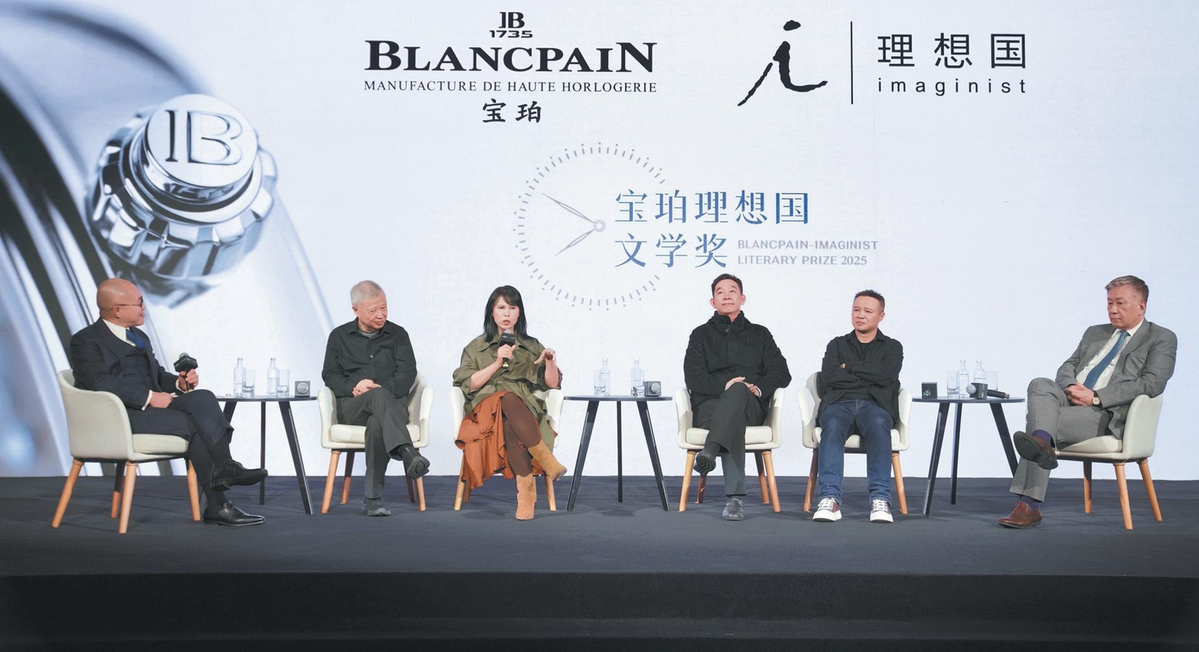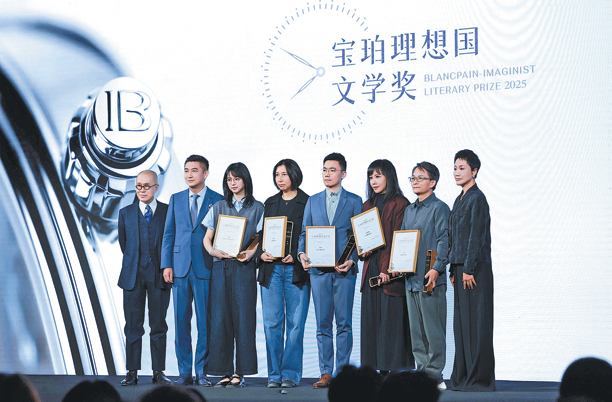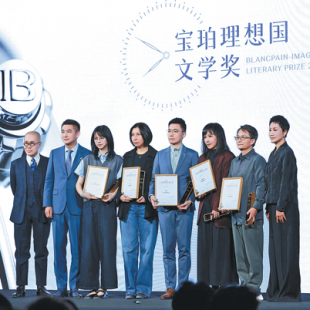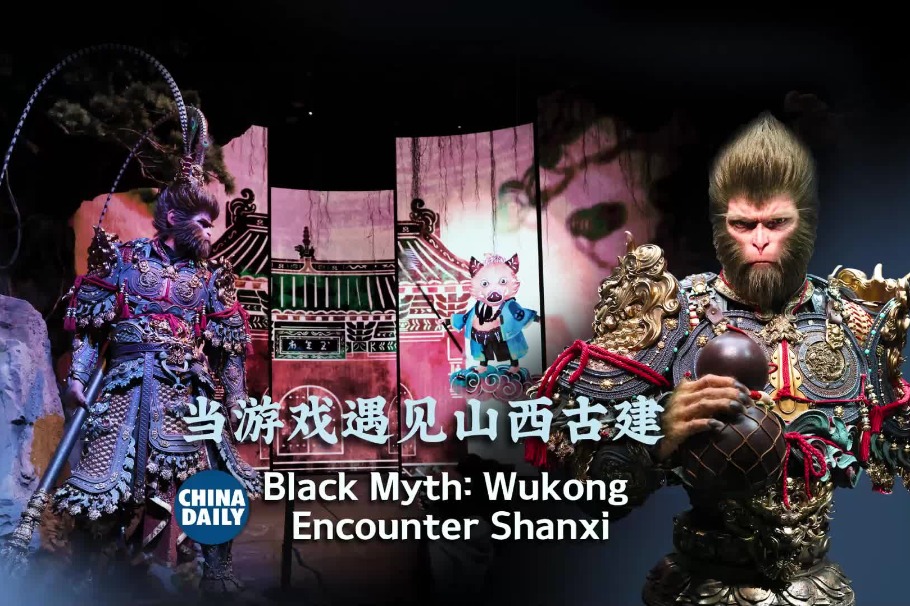A tale of trials and tribulations
Writer Liao Jing's intimate portrayal of three generations of Beijing women takes this year's Blancpain-Imaginist Literary Prize, Yang Yang reports.


Author Liao Jing was awarded the Blancpain-Imaginist Literary Prize on Nov 1 in Beijing for her novel Spring Will Never Fall, after beating out four other short-listed writers.
The award, cofounded by the Swiss luxury watchmaker Blancpain and the Chinese publisher Imaginist in 2018, aims to discover Chinese writers under the age of 45 and is open to all fictional genres. The winner receives 300,000 yuan ($42,118) and a Blancpain timepiece.
Chinese writer Shi Zhanjun, representing the judging panel, praised the winning work, saying, "In the interplay of sunlight and twilight, the novel weaves family affairs, human relations and social aspects into a tapestry of emotions and stories. From individual circumstances and ways of life to an overall attitude toward life, Spring Will Never Fall offers a profound, steady and transparent literary expression from this generation of writers."
Receiving the award, Liao said, "I wasn't prepared to give an acceptance speech, and I am quite surprised.
"Although this isn't my first novel, I consider it my first true novel, deeply connected to my life, childhood and hometown. Having it published was already a huge victory for me, and winning this award today is incredibly joyful and an honor."
Centering on the retirement issues of Xiumei, a retired worker in Beijing's suburbs, Spring Will Never Fall tells of the coming of age of Xiumei's two granddaughters, Jiayuan and Jiayue, amid family upheavals.
While Xiumei's sons struggle with midlife crises and neglect their family duties, her two daughters, Liqiu and Lichun, are caught in a difficult balancing act between caring for their aging mother and managing their own family responsibilities. Jiayuan returns home to recover after her plans to study abroad are derailed, and Jiayue grapples with the challenge of supporting her grandmother while trying to maintain her personal life. Ultimately, the family unravels under the strain.

Through the perspectives of three generations of women, the novel explores themes of loneliness, the challenges of aging, and generational gaps within family relationships, interwoven with social issues such as rumors, elderly care and gender relations.
Liao wrote the novel during the COVID-19 pandemic in 2021 and 2022, drawing inspiration from her childhood experiences living in the factory compound of a suburban county in Beijing.
As a child, she often listened to the elders gossiping about neighborhood stories, which she said she found fascinating, as their tales seamlessly spanned decades or just the previous day. They offered opposing views on people's virtues and flaws, so that a person might be a hero in one story and a villain in the next.
"When I wrote this novel, I wanted to capture the sense of time I observed in neighborhood gossip. It's incredibly flexible, as one sentence can take you back decades, and another can bring you right back to the present. I wanted to convey this fragmented, somewhat rambling narrative style that, in reality, touches on the less commonly seen aspects of human nature and relationships," Liao said at the award ceremony.
Each year, the Blancpain-Imaginist Literary Prize has a different theme. This year, it is "Time's Eternal Forking Paths", inspired by Argentine writer Jorge Luis Borges' The Garden of Forking Paths, in which he suggests that time is a complex network of possibilities.
Today, the internet has made people's life experiences more uniform, while literature's mission is to document human "distraction" and capture "time's forking paths" in reality, confronting life's complexity and richness, says Leung Man-tao, a writer, critic and host from Hong Kong.





































